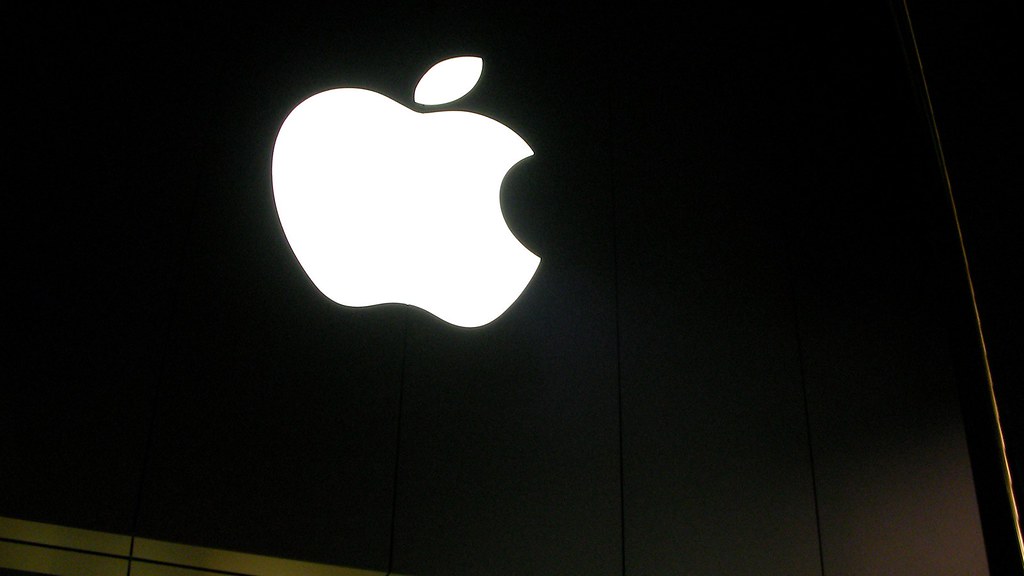The first-ever Congressional hearing dedicated to decentralized finance (DeFi) showcased stark divisions along party lines, revealing deep-seated concerns and differing visions for the future of digital finance. The House Financial Services Committee convened on September 10 for a session titled “Decoding DeFi: Breaking Down the Future of Decentralized Finance,” focusing on the role of blockchain technology and tokenization in transforming financial markets.
The hearing was opened by the Republican subcommittee chair, French Hill, who emphasized the transformative potential of DeFi to reshape financial transactions by replacing traditional intermediaries with self-executing code. Hill advocated for a future financial landscape dominated by peer-to-peer interactions, using the 2022 incident where Canadian Prime Minister Justin Trudeau froze crypto assets directed to protesters as a case for the necessity of decentralized solutions to prevent governmental overreach.
In stark contrast, Democratic Representative Brad Sherman expressed skepticism about DeFi, labeling it a tool for crime, sanctions evasion, and primarily tax evasion. “What we have here is an effort to liberate billionaires from income taxation,” Sherman argued, highlighting his concerns about the misuse of crypto technologies for illicit financial activities.
Expert Testimonies and Regulatory Challenges
Peter Van Valkenburgh, Director of Research at Coin Center, and hearing witness, addressed the regulatory ambiguities facing the crypto industry. He argued that the lack of clear guidance from regulators has left the sector in a precarious position, especially concerning tax compliance. “I do not think that tax evasion and its existence warrants a 100% surveilled and controlled financial system,” Van Valkenburgh stated, advocating for a balanced approach to financial oversight.
Democratic Representative Maxine Waters brought up security concerns by referencing the hacking of Laura and Tiffany Trump’s X accounts, which were used to promote a scam token. She questioned the capability of regulatory bodies like the Securities and Exchange Commission (SEC) and the Commodity Futures Trading Commission (CFTC) to effectively regulate DeFi platforms and address widespread noncompliance.
Mark Hays, a senior policy analyst at Americans for Financial Reform, described the crypto and DeFi industries as “highly volatile, scam-laden, and extremely predatory,” posing significant risks to investors. He supported the application of current securities laws to DeFi platforms to protect consumers and ensure market integrity.
Advocates for DeFi
On the other side of the debate, Amanda Tuminelli, the chief legal officer at the DeFi Education Fund, highlighted the inclusive potential of DeFi. She criticized traditional financial systems for relying on intermediaries that often restrict access based on discriminatory or arbitrary criteria. “But DeFi is open access, anyone with an internet connection has access to a DeFi protocol and that is the epitome of financial inclusion,” Tuminelli argued, promoting the democratizing capabilities of decentralized finance.
The hearing illustrated the growing interest and concern in Congress regarding the rapid development of DeFi and its implications for the broader financial system. Crypto lawyer Jake Chervinsky reflected on the significance of the event in a post-hearing statement on X, noting his emotional response to seeing DeFi discussed at such a high level of government. “I remember years ago when DeFi was like ten projects that no one thought would amount to anything. Now it’s on full display in the halls of power in DC,” Chervinsky remarked.
The Congressional hearing on DeFi not only underscored the technological and regulatory challenges posed by these innovations but also highlighted the need for informed legislative action to harness their potential while mitigating risks.










